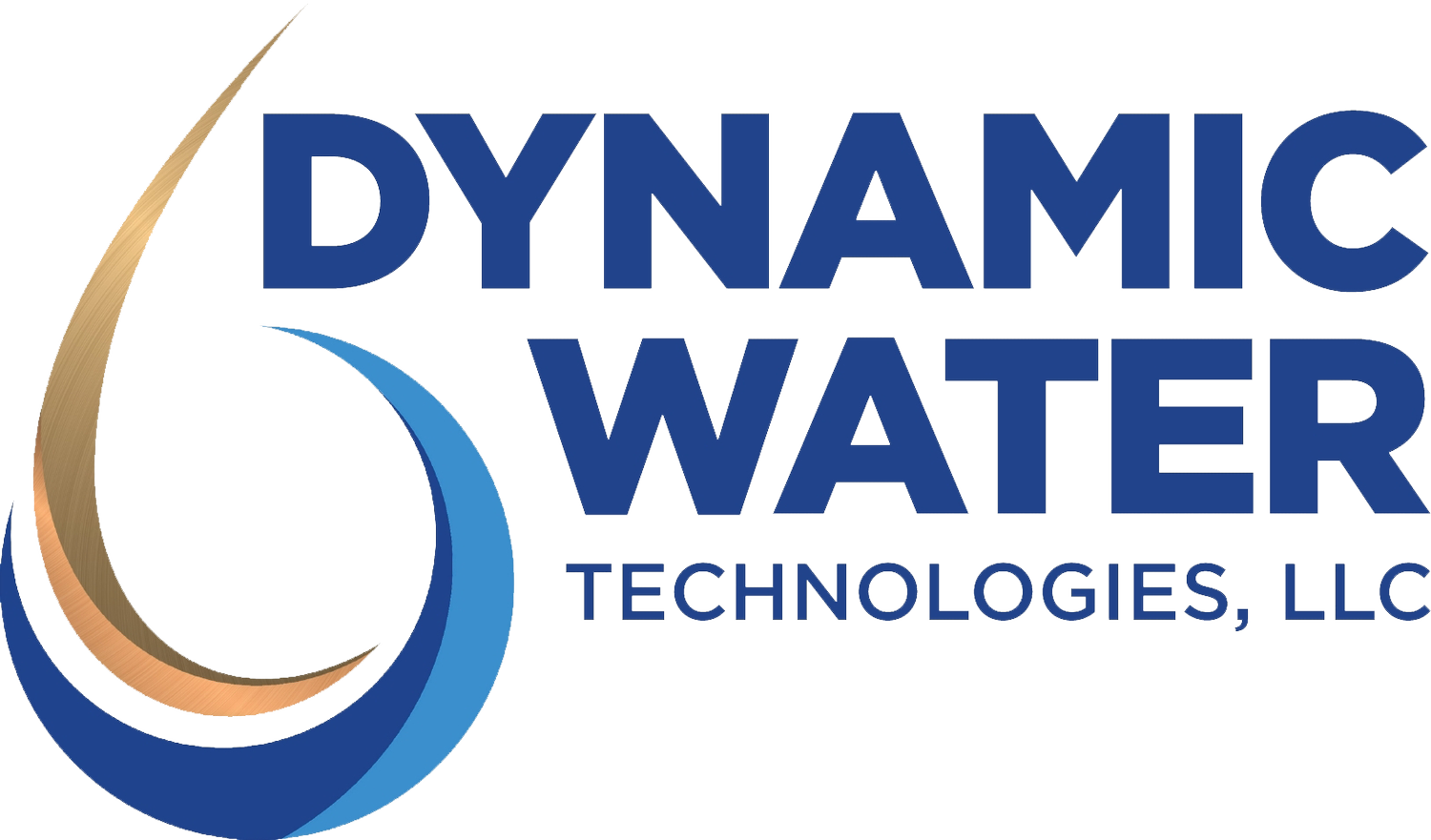Scottsdale tech firm puts the chill on clients' water bills
Michael Boyko spent most of his career in pollution control systems, but a few years ago he began hearing more about water scarcity issues.
He started looking for technologies to help companies conserve water and discovered David Sherzer, founder and president of an Israeli company called Universal Environmental Technology."I uncovered this technology on Linkedin of all places," Boyko said.
By 2015, he founded Dynamic Water Technologies LLC, with the licensing rights to sell UET's technology in North America. Sherzer is as minority partner in Dynamic Water Technologies.
A chemical engineer, Sherzer invented a reactor that removes lime scale in HVAC chiller systems without using chemicals. By removing excess minerals from cooling towers and chilling systems, companies can reuse the water for a longer period of time.
For example, Phoenix-based Banner Health began using the technology at its 254,000-square-foot corporate and simulation education training center in Mesa in April 2018. During the first six months of using the Universal Environmental Technology reactor, Banner saw a 35 percent decrease in water consumption.
Kip Edwards, vice president of facilities services for Banner, said he is impressed by the technology."The system has performed very well, saving over 4 million gallons of water per year while reducing chemical costs and extending the life of the building equipment," Edwards said.
Many businesses don't recognize how much they’re spending on water, sewer, chemicals and related maintenance to their overall system, Boyko said."What they also don’t understand is the water conditions in the Southwest have deteriorated over the last several years due to drought conditions," he said.
Based in Scottsdale, Dynamic Water Technologies employs 15 people. The company generated $2.5 million in revenue during 2018, up from $1.8 million in 2017."
With rollouts of current clients, this should be in excess of $10 million by 2020," he said.
The company focuses on large commercial buildings, data centers, manufacturing, power utilities, cold storage, food distribution and other industries with heat load demand."The existing markets are slow to change," Boyko said. "The water shortages are accelerating some of this, but the industry is also dominated by traditional chemical treatment that also is resistant to change. We always work to find advocacy within sustainably minded people looking for ways to conserve resources and reduce chemical use."As the company continues to add clients, Boyko said he plans to hire several new technicians and a few engineers."People with HVAC experience are critical for our service side," he said.
Boyko said he and internal investors have invested $2.5 million into the company since its inception in 2015. By 2017, the company turned its first profit, money that was used to expand operations and personnel.

